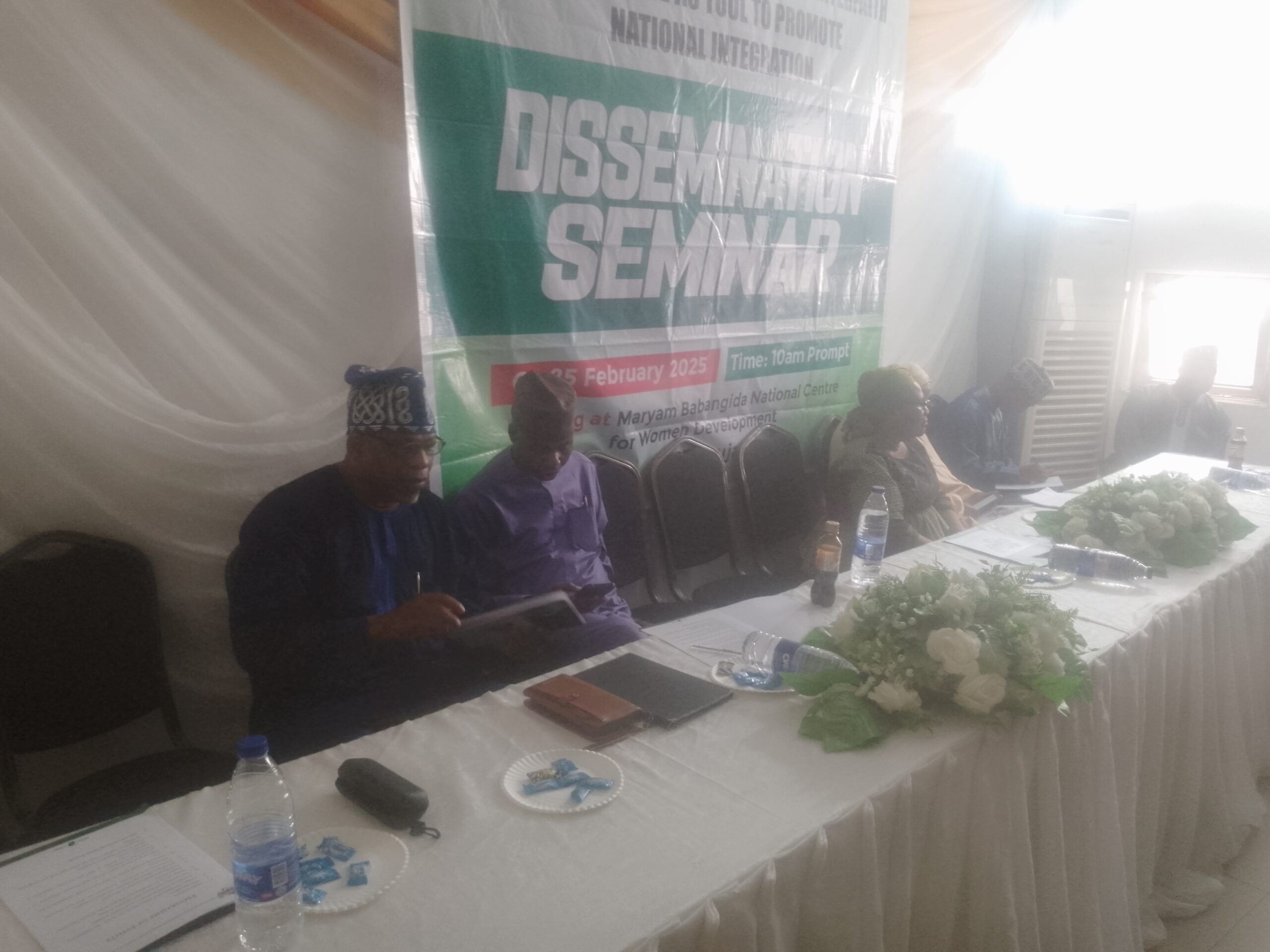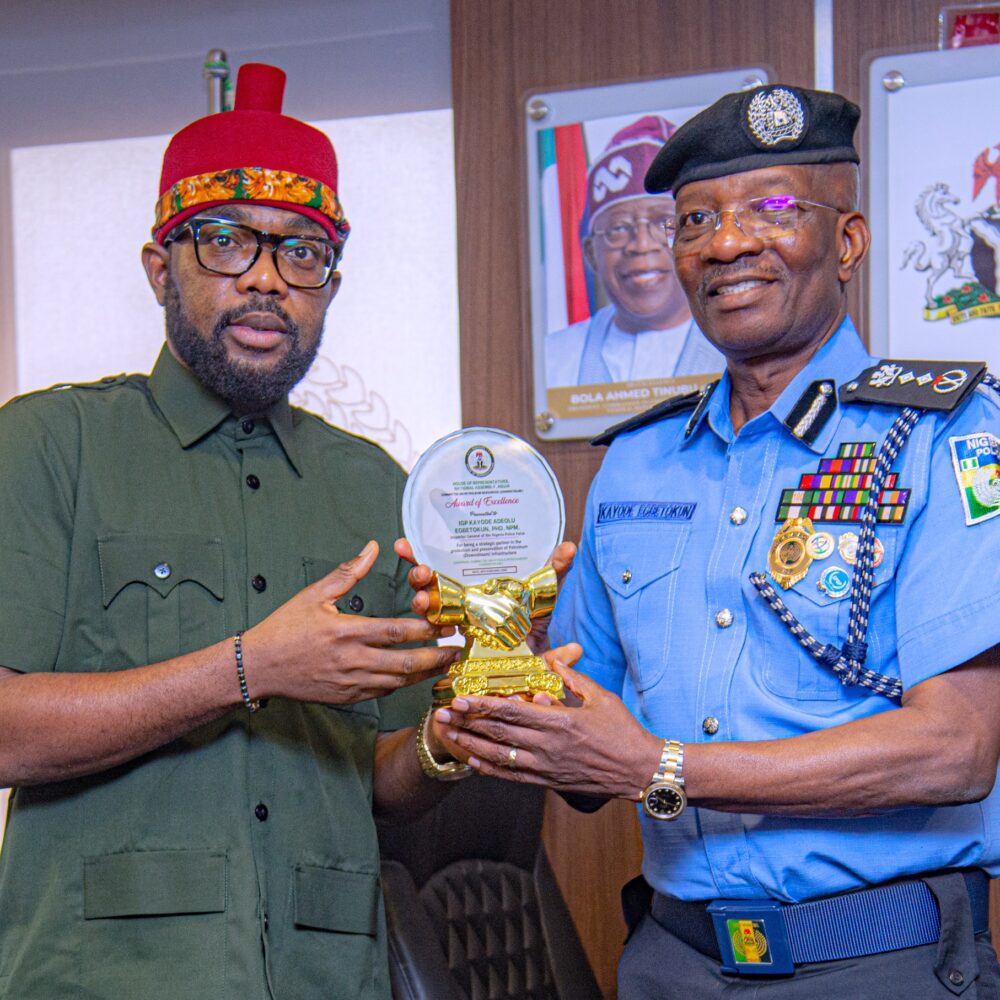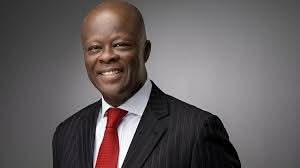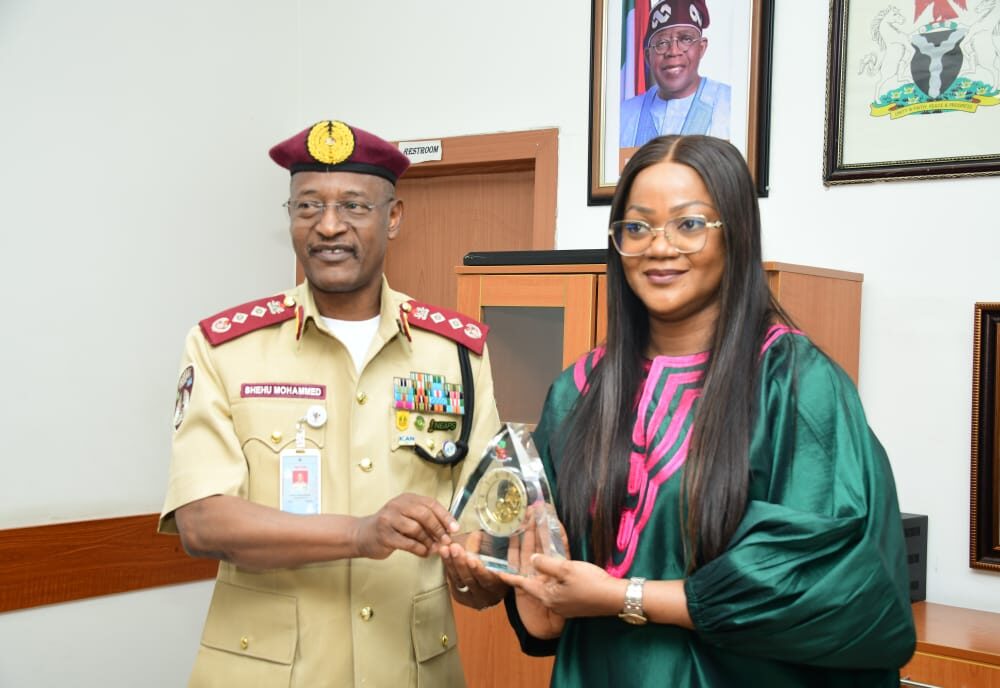Prominent university scholars, academics, government officials, and students gathered in Abuja today Tuesday 25th February,2025 for a high-level workshop on interfaith dialogue, emphasizing the role of digital innovation in fostering religious harmony and national integration.
The event, a dissemination seminar on the 2020 TETFund project, brought together experts from various fields to discuss strategies for promoting peaceful coexistence among Nigeria’s diverse religious communities.
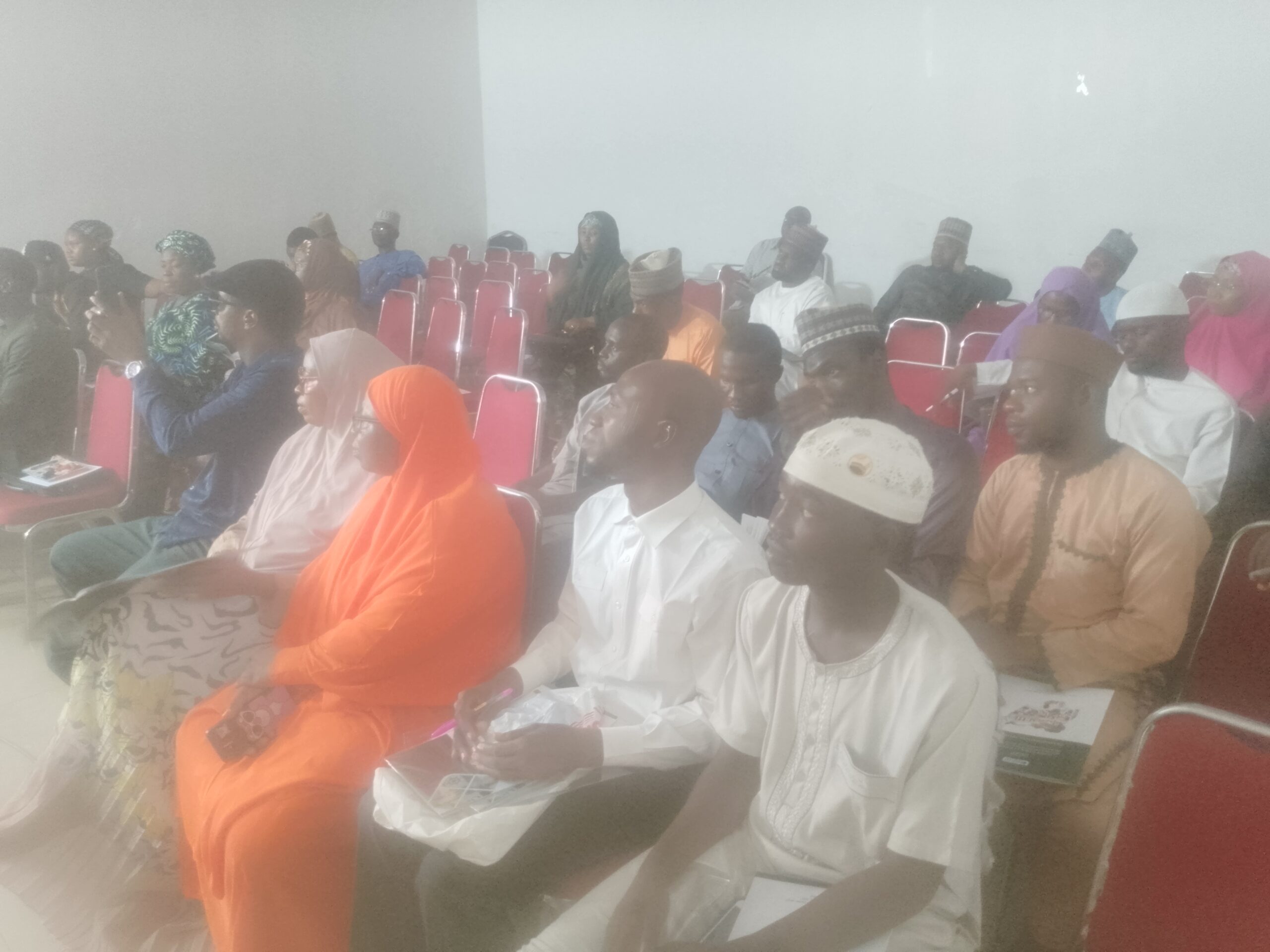
Leading the discussions,the Convener of the Seminar,Professor Hafiz Oladosu of the University of Ibadan underscored the urgent need for structured engagement with young Nigerians, particularly university students, to curb religious misunderstandings that often fuel societal tensions. He highlighted that many conflicts labeled as religious crises are often driven by socio-political and economic factors, urged stakeholders to address the root causes rather than allowing religion to be used as a divisive tool.
According to Prof. Oladosu, Nigeria has numerous peacebuilding organizations, but most operate outside university campuses, leaving a critical gap in engaging young minds. “What happens in universities does not stay in universities—it spills over into the larger society. We must take proactive measures to instill the values of peace and interfaith understanding within academic institutions,” he stated.
A key highlight of the event was the unveiling of a mobile application designed to provide users with foundational teachings of both Islam and Christianity. This digital tool aimed to enhance religious literacy and foster interfaith understanding among students, with internet access sponsored to encourage widespread adoption.
Delivering a keynote address, Professor Rafat Abdulhamid emphasized the shared values between Islam and Christianity, calling for mutual respect and deeper interfaith engagements. “Respecting another religion does not mean compromising one’s faith. It means acknowledging our shared humanity and the principles that bind us together,” she stated.
She further stressed that universities served as crucial spaces for intellectual discourse and should take the lead in promoting religious tolerance. “If peace begins within our campuses, it will naturally extend to the larger society. We must prioritize educating young people on religious harmony,” she added.
Speaking on the issue of religious misconceptions, Professor Habibat Oladosu presented findings from a research study conducted across six universities representing Nigeria’s geopolitical zones. The study explored students’ awareness of religious conflicts, experiences of interfaith engagement, and university policies on religious harmony.
“The idea that Islam and Christianity are at war is misleading. Conflicts in Nigeria are often driven by land disputes, ethnic rivalries, and socio-economic factors. Yet, when a crisis occurs between communities of different faiths, it is quickly framed as a religious war. We must correct these narratives through education and dialogue,” she noted.
The research, which engaged over 1,700 university students, revealed that a significant number of students had limited knowledge of other religions, which often fuels stereotypes and tensions. Professor Habibat Oladosu recommended the establishment of interfaith awareness centers on campuses to foster dialogue and collaboration among students of different faiths.
Earlier,Ms.Rita Okonjo representative of the National Universities Commission (NUC), commended TETFund for its commitment to funding research that addresses Nigeria’s developmental challenges. “The knowledge generated from this study must be widely disseminated and translated into policies that promote national unity and peaceful coexistence,” the official stated.
Other Speakers also emphasized the importance of sustained government support for interfaith initiatives,urged policymakers to integrate interfaith education into university curriculums to ensure long-term impact.
The workshop, which attracted participation from students, journalists, and government officials, also featured presentations from Muslim and Christian scholars, who provided insights aligned with the content of the newly introduced app. Participants actively engaged in discussions, with their questions and contributions carefully documented for future academic research.
With the success recorded in Abuja, organizers announced plans to extend the initiative to universities across Nigeria’s six geopolitical zones. The overwhelming student participation and positive feedback reinforced the project’s potential to serve as a sustainable model for interfaith harmony and peacebuilding.
All stakeholders in attendance reaffirmed their commitment to ensuring that interfaith dialogue remain a central pillar of Nigeria’s national unity efforts.


